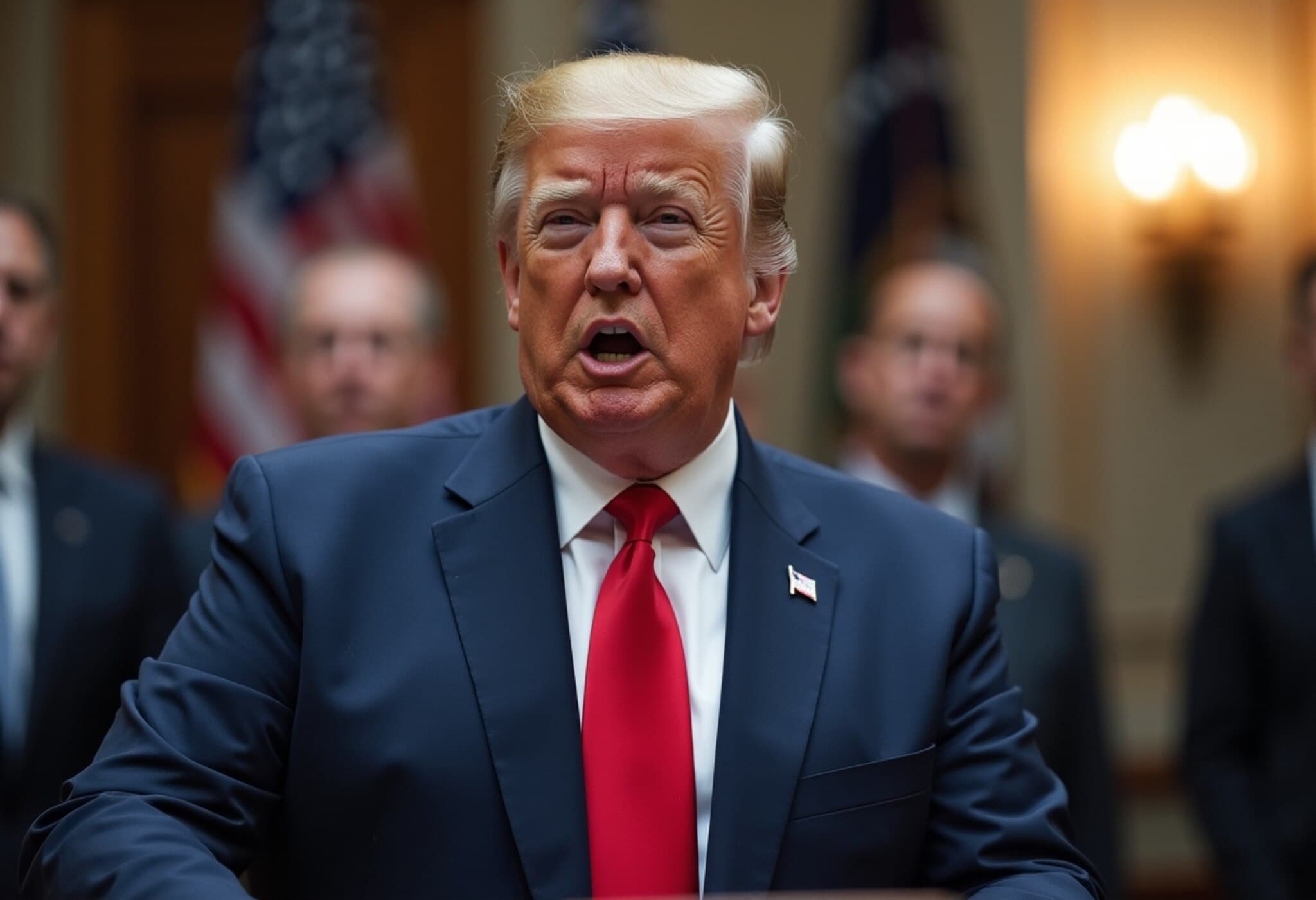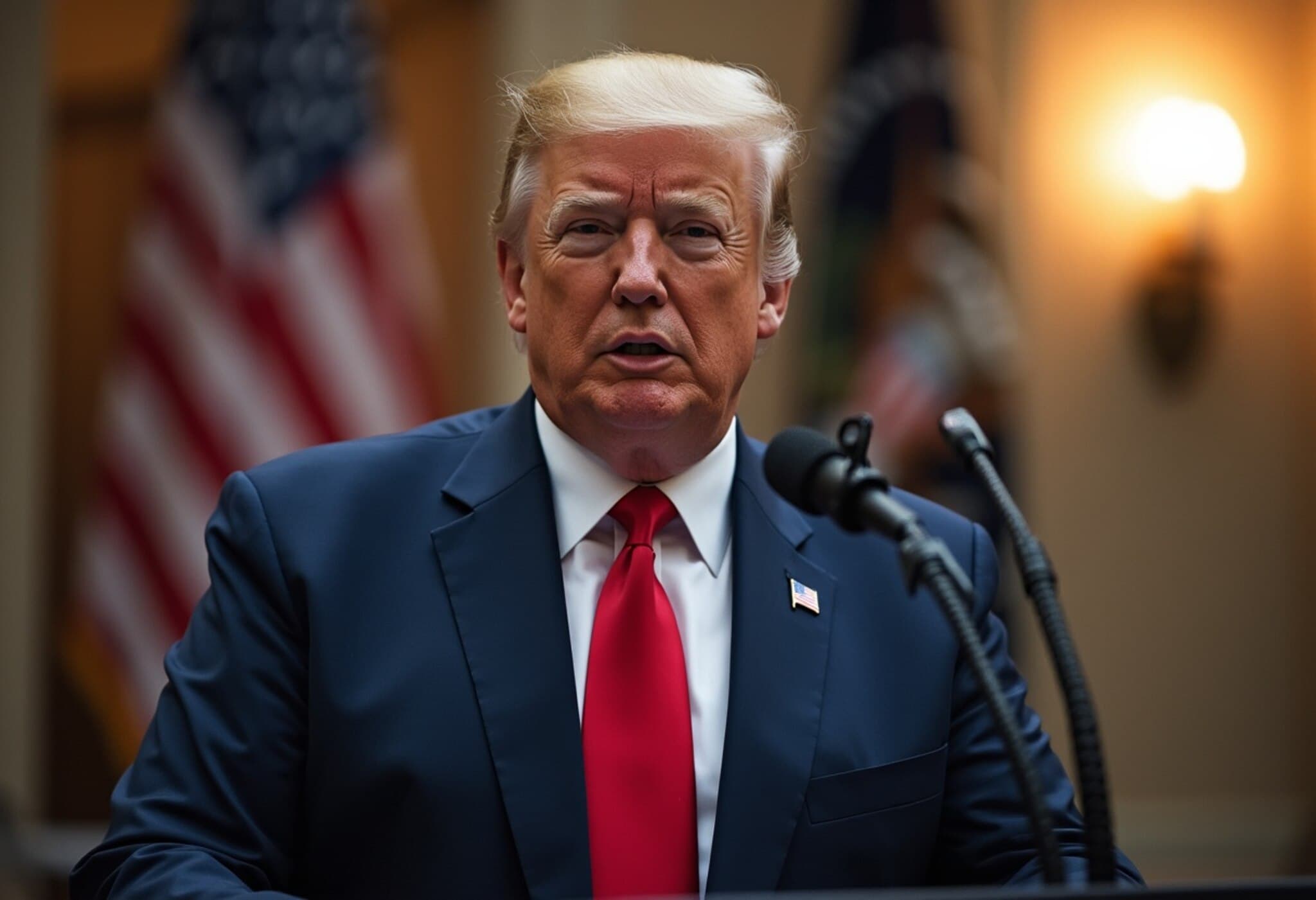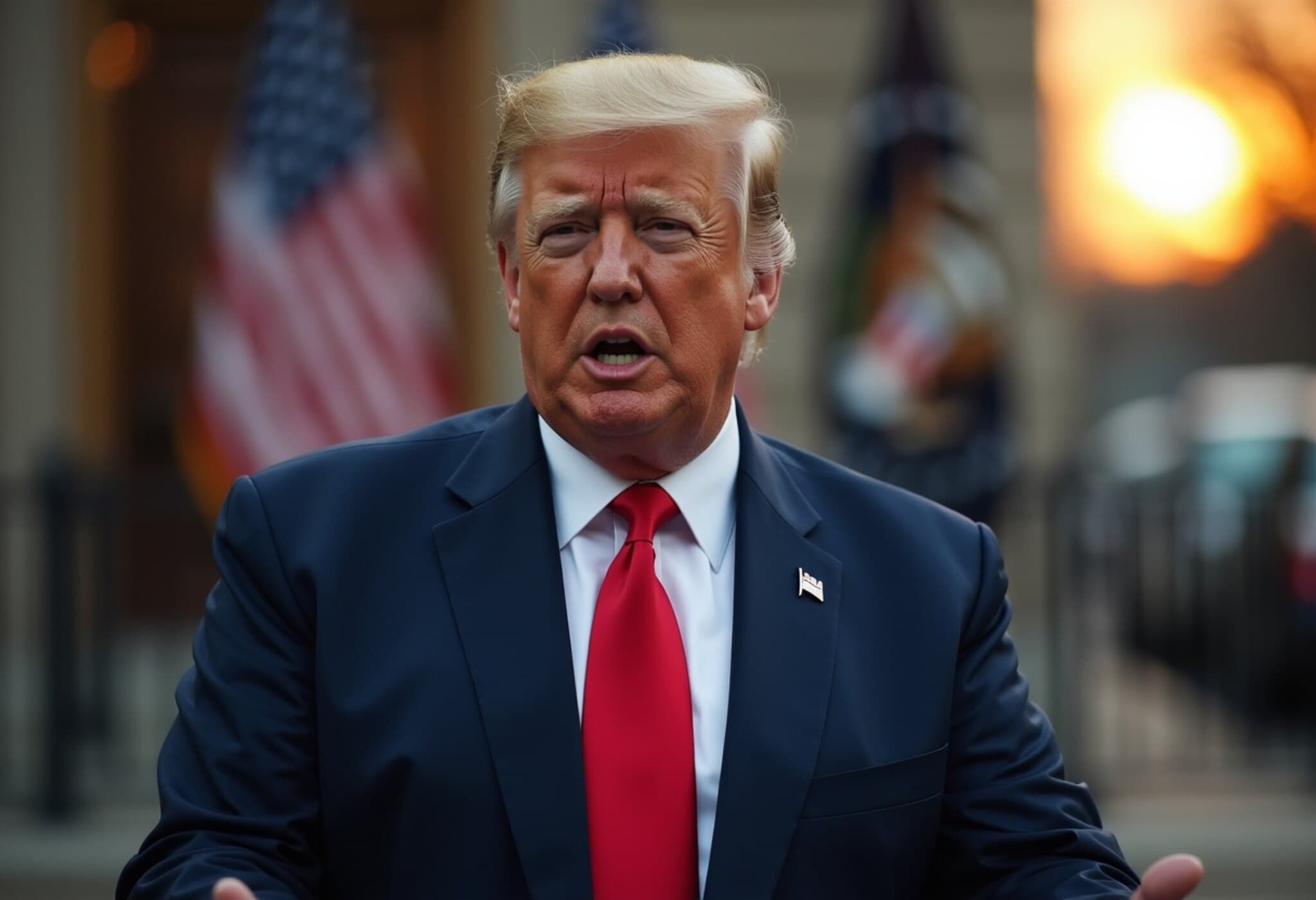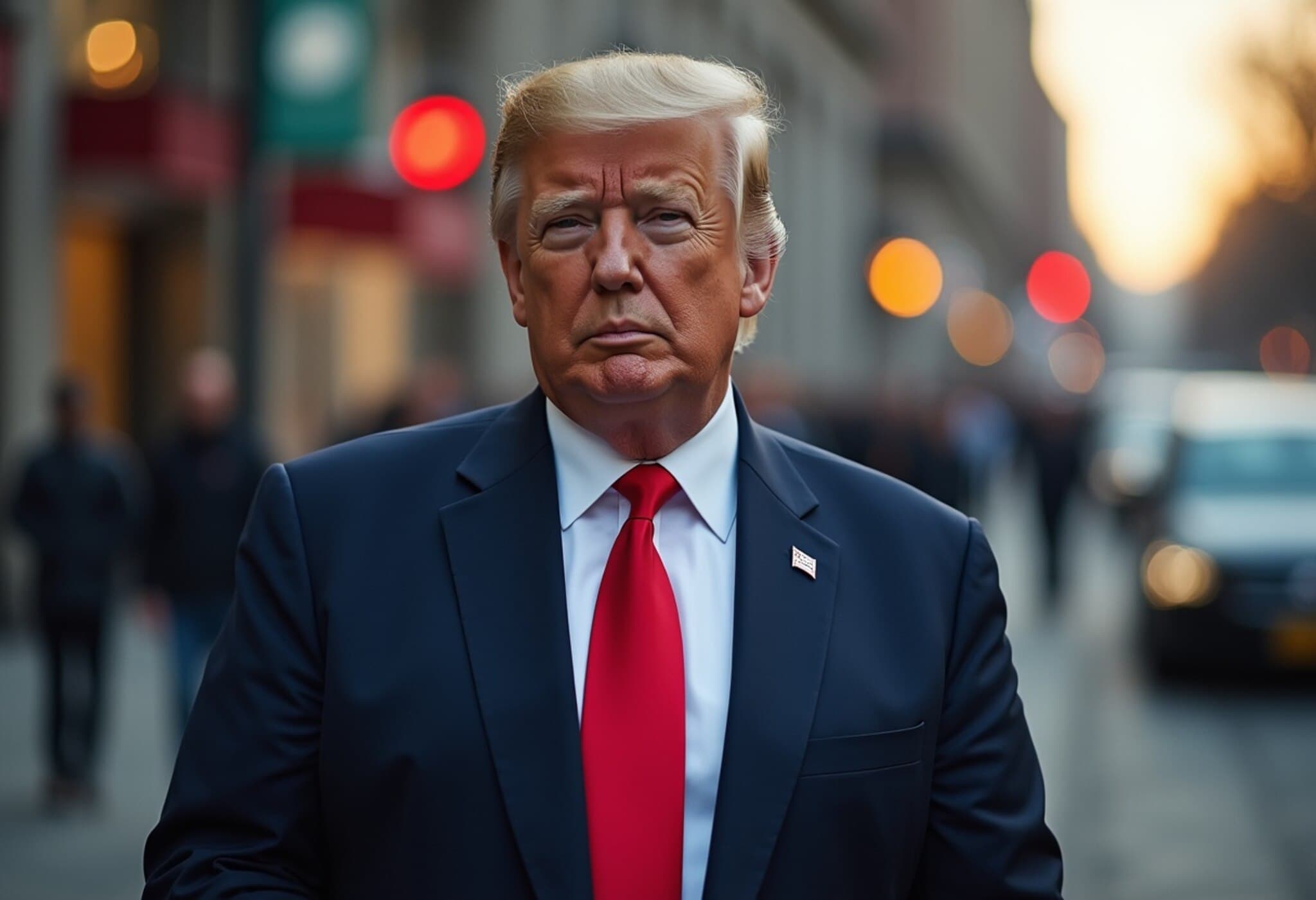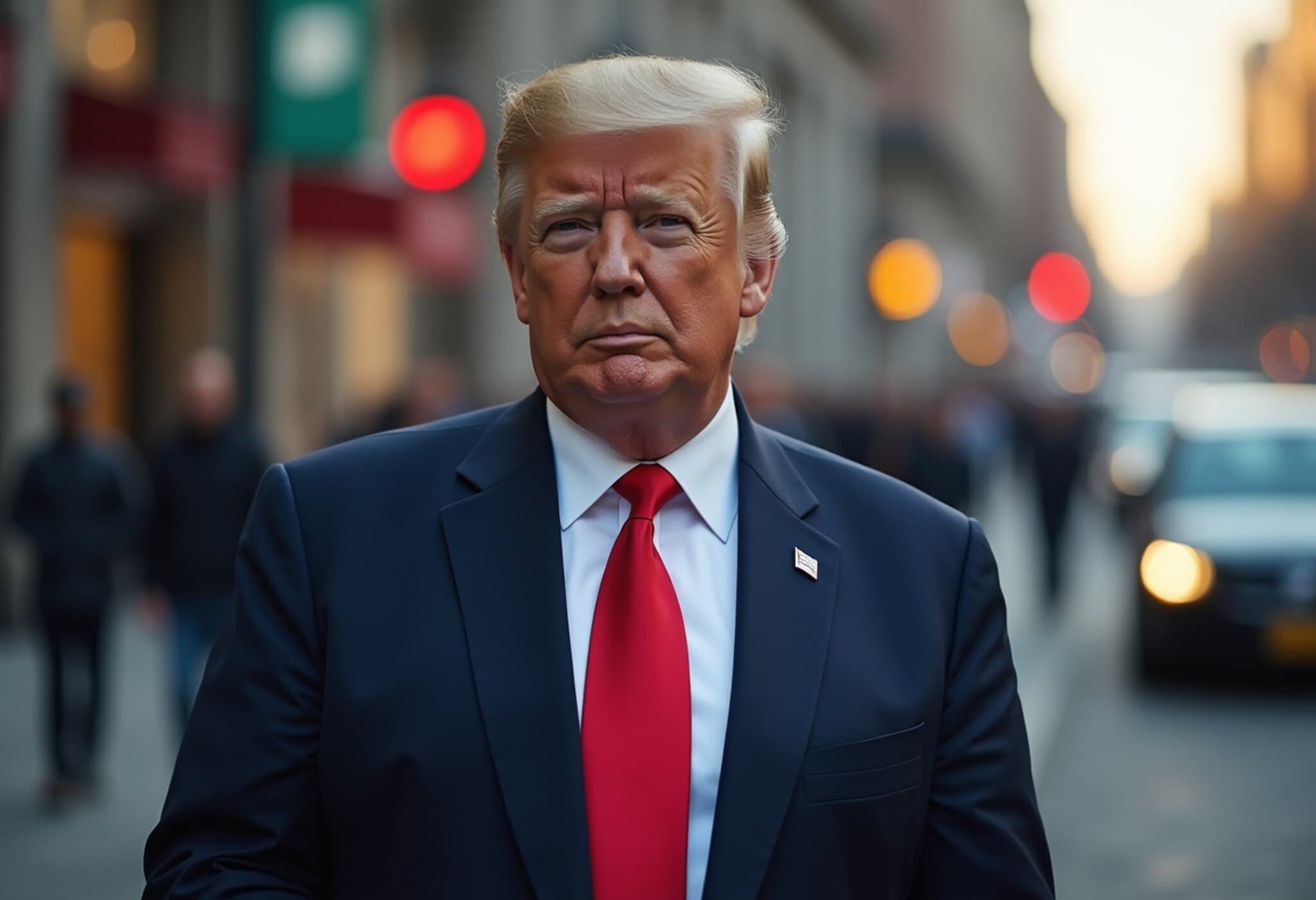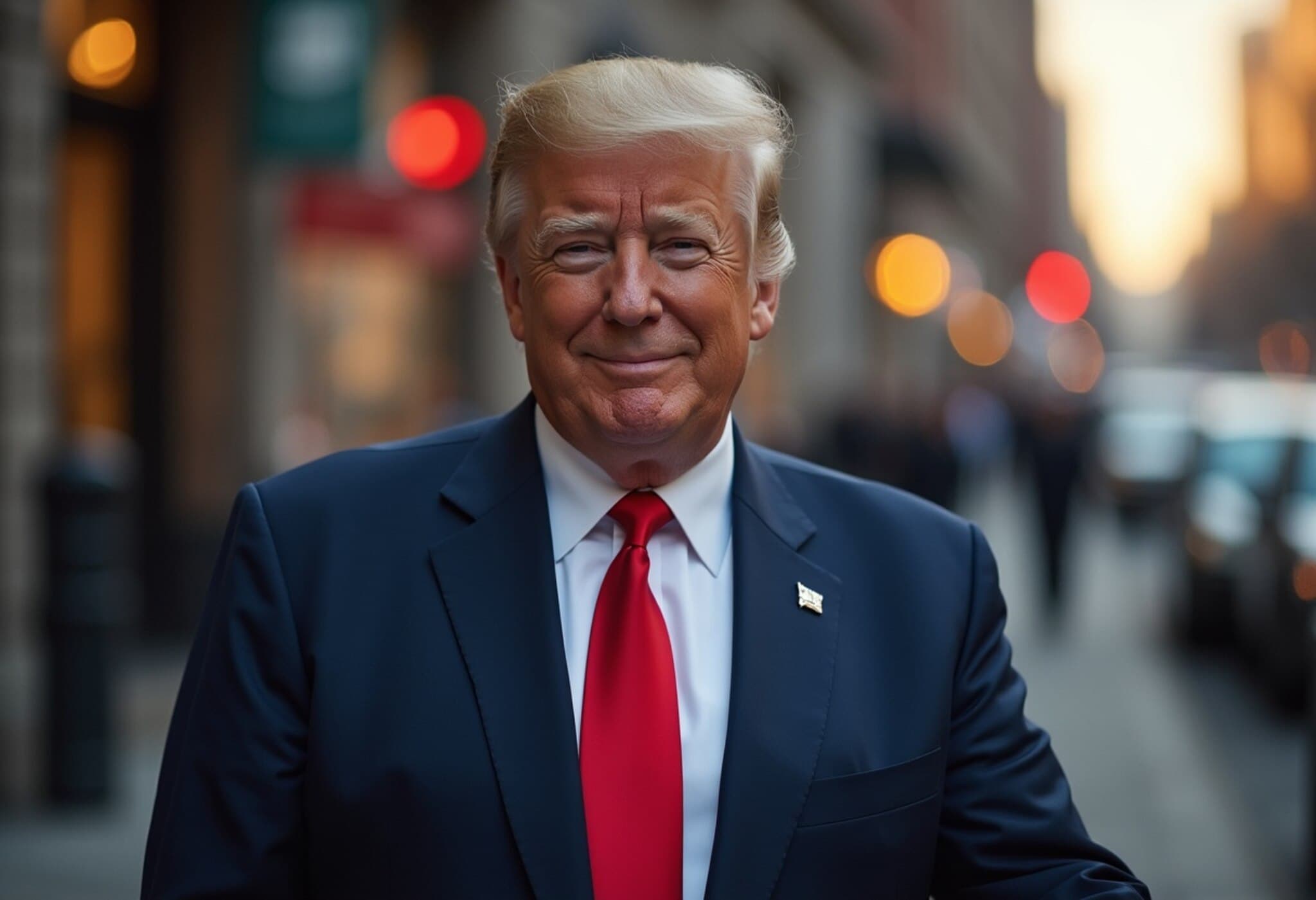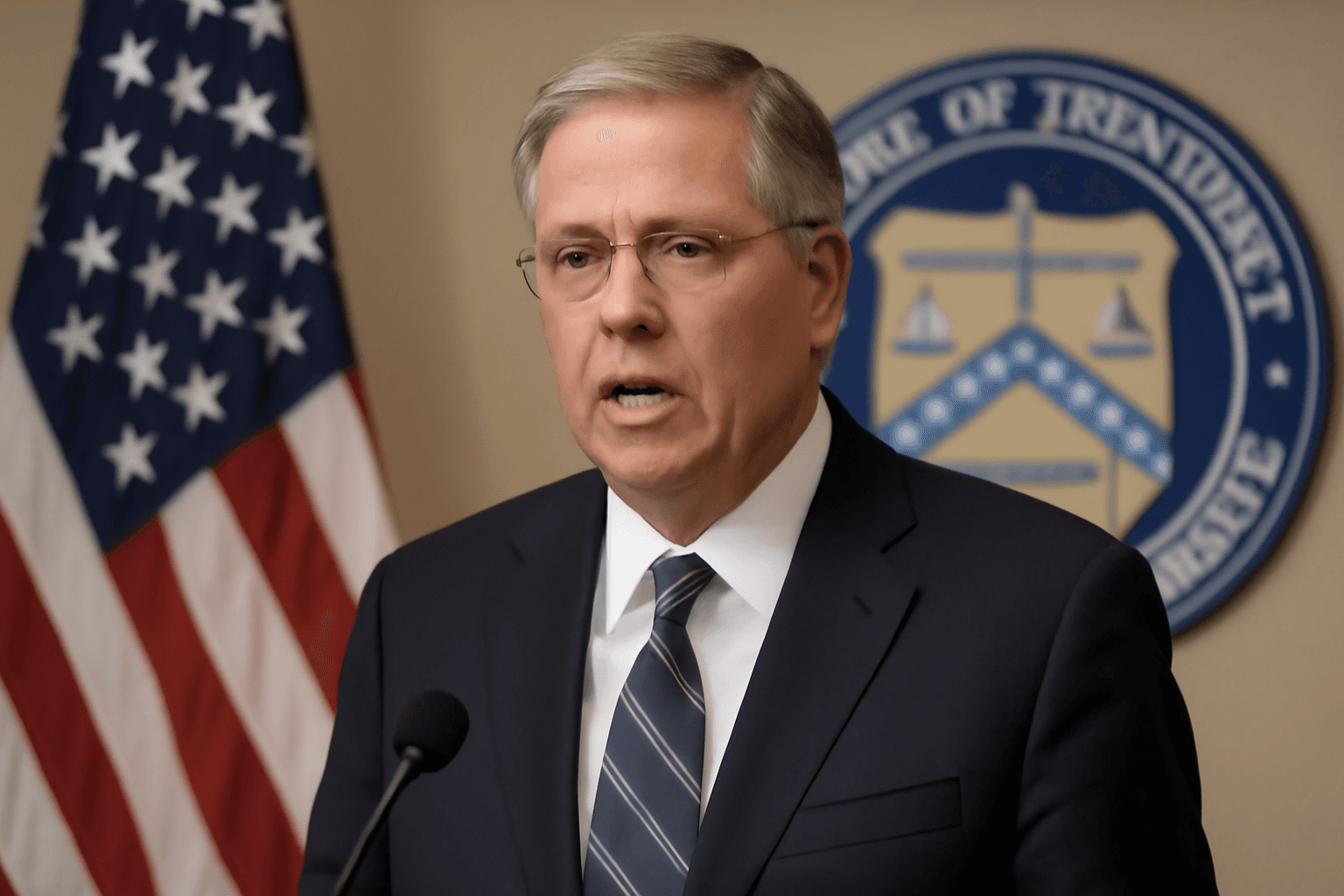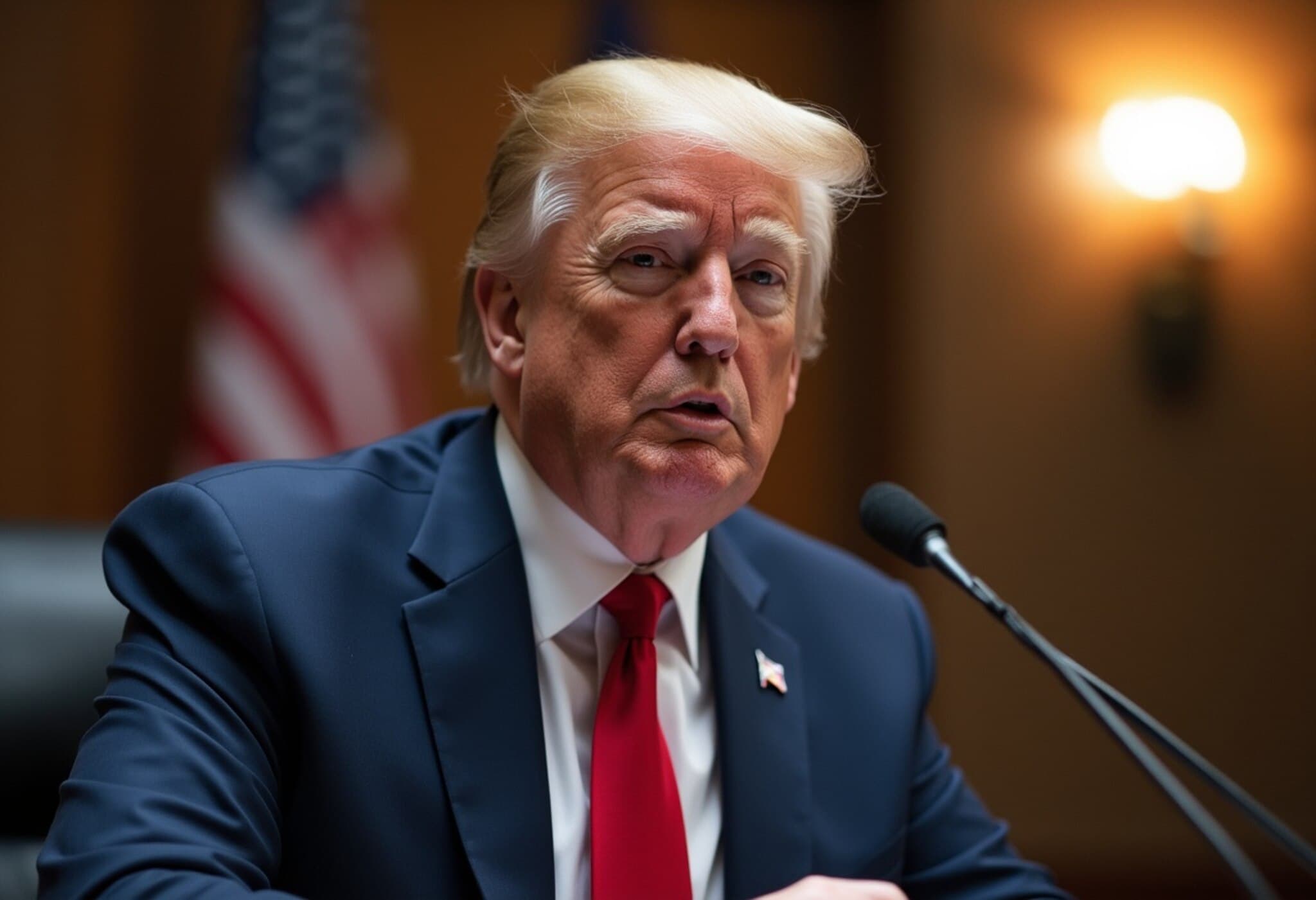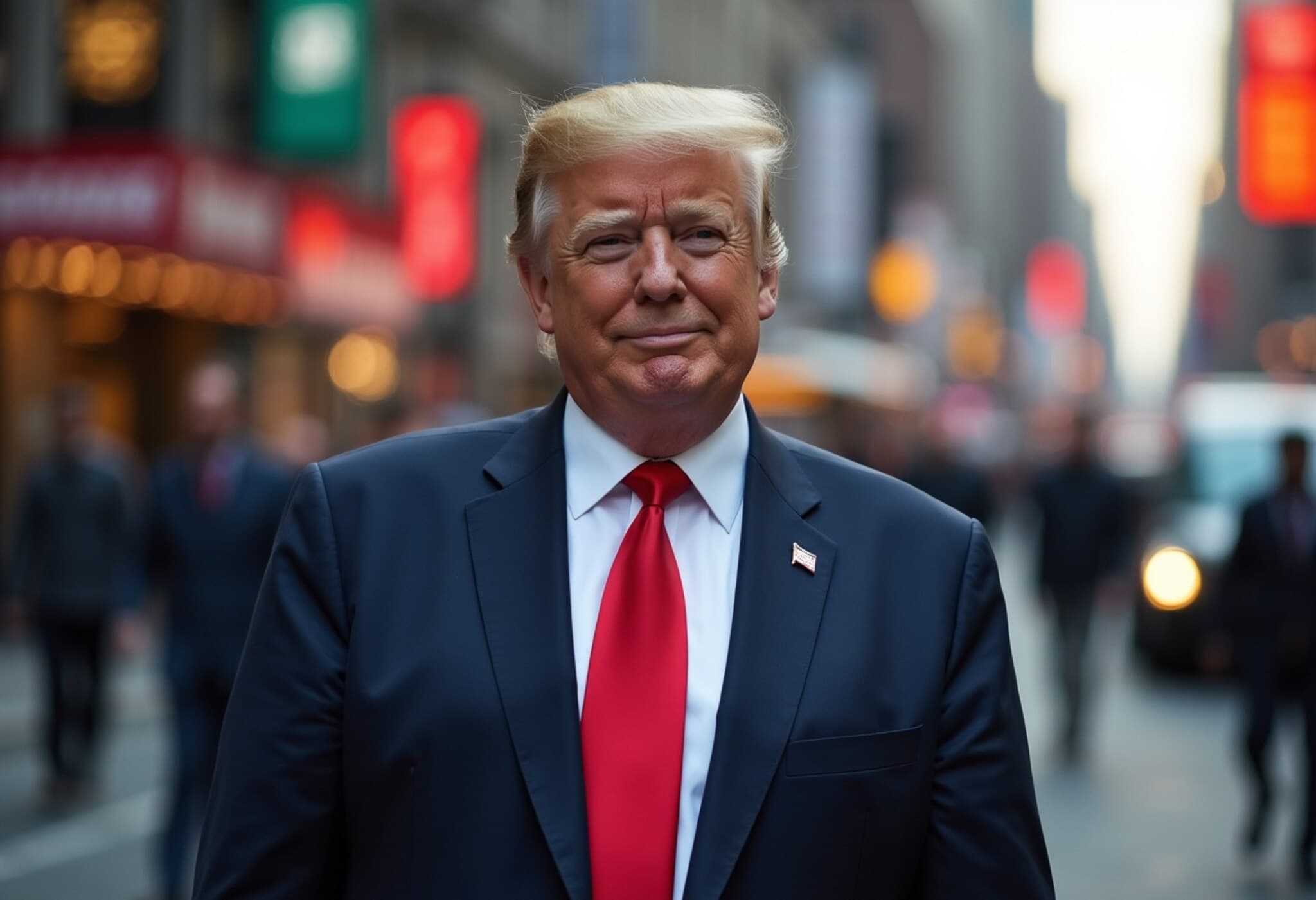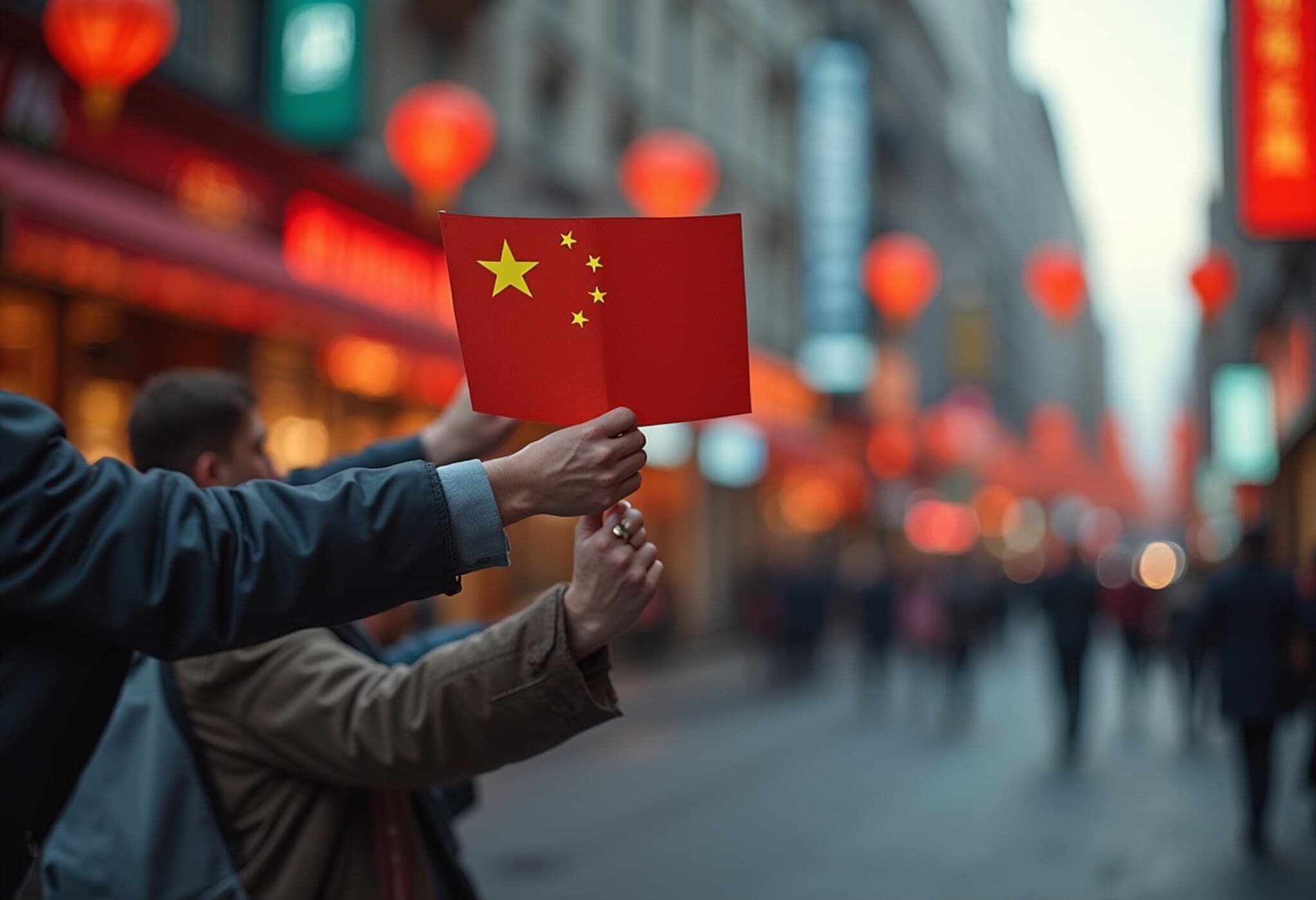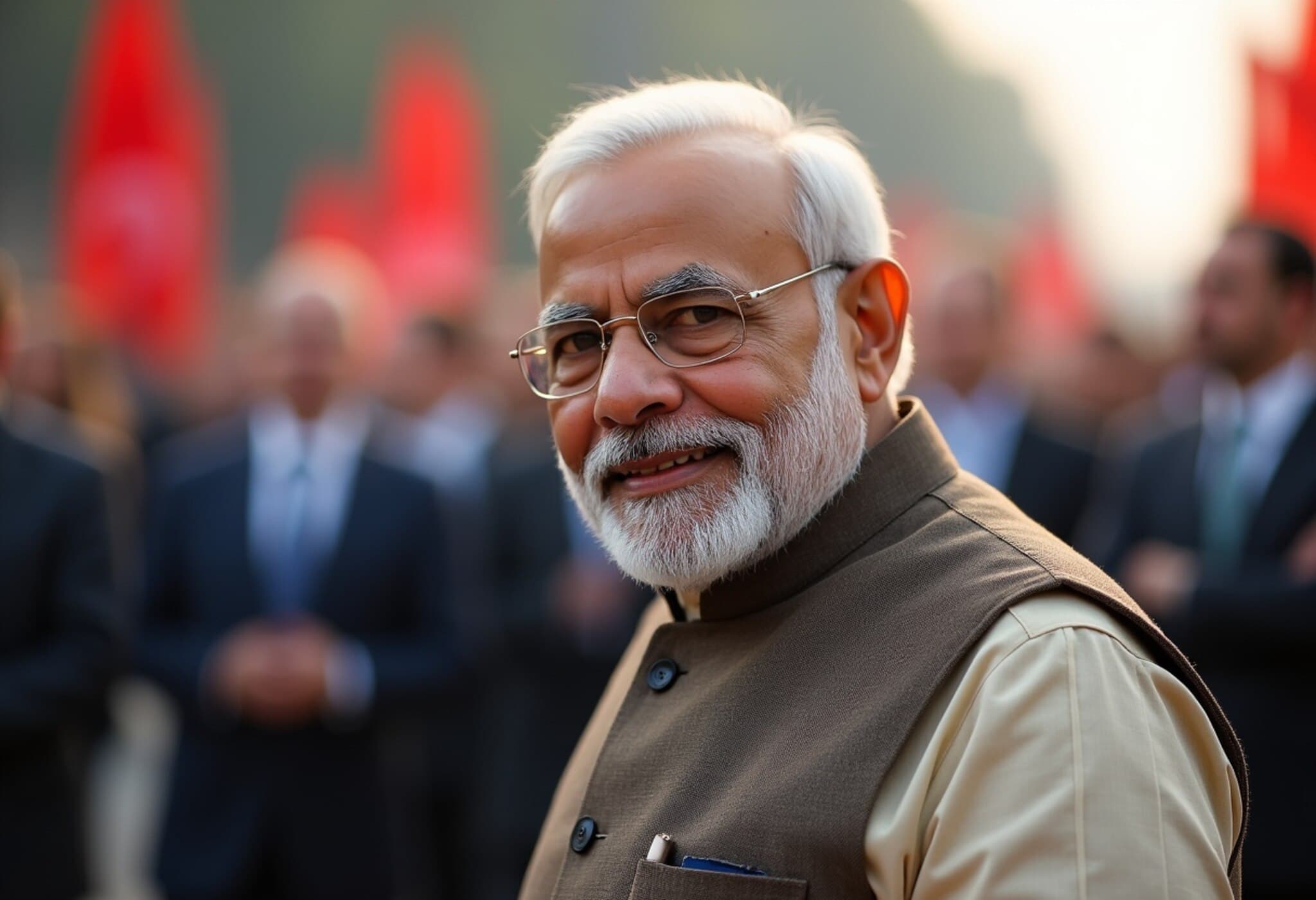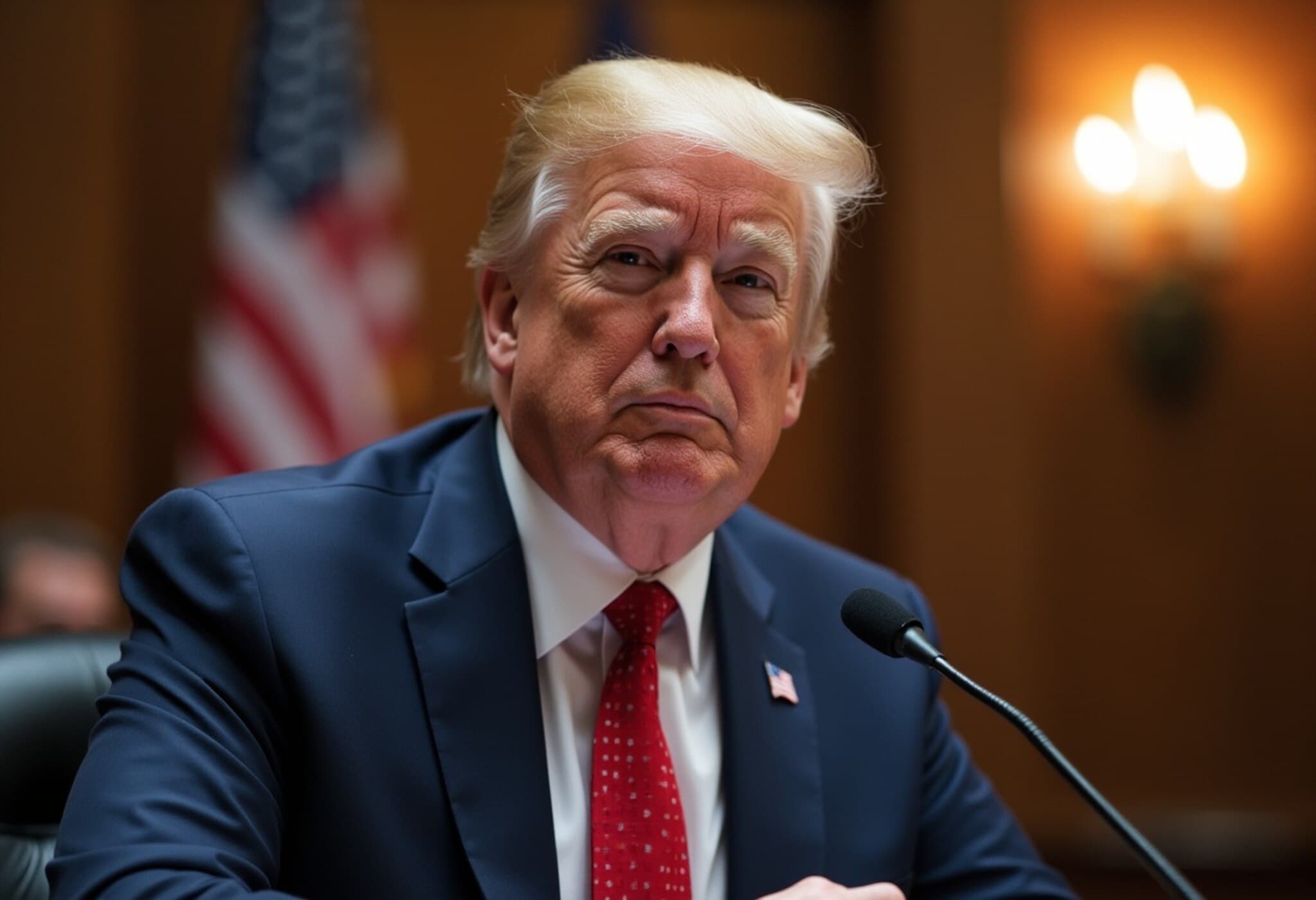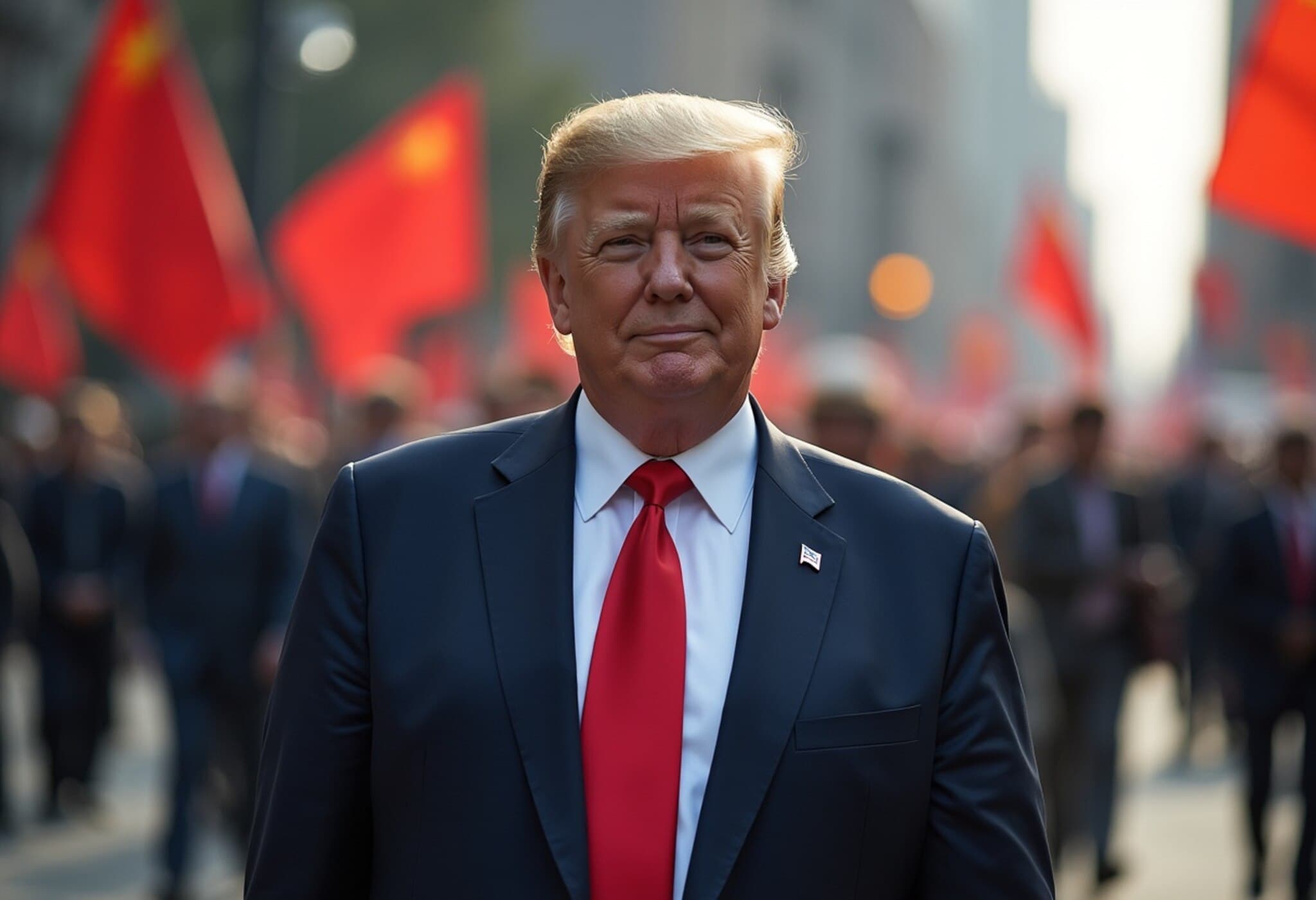Trump Administration Signals Multiple Trade Announcements Within 48 Hours
The Trump administration is gearing up to unveil a series of significant trade announcements in the coming days, according to Treasury Secretary Scott Bessent. Speaking on CNBC's "Squawk Box" early Monday, Bessent revealed that foreign trade officials are scrambling to finalize deals before a looming July 9 deadline, when steep U.S. tariffs on numerous countries' goods are scheduled to snap back into effect.
"We've had a lot of people change their tune in terms of negotiations," Bessent explained. "My mailbox was full last night with a lot of new offers, a lot of new proposals. It's going to be a busy couple of days." The urgency underscores the delicate balance the administration is trying to maintain between applying pressure and crafting workable trade agreements.
Tariff Timelines Clouded by Conflicting Signals
While initial deadlines appeared firm, recent developments have introduced ambiguity. Over the weekend, the administration announced that collection of country-specific tariff rates would be postponed until August 1, complicating the narrative around the July 9 reset date. President Donald Trump himself fueled further speculation by stating on his social media platform, Truth Social, that "tariff Letters, and/or Deals," would begin rolling out starting Monday at noon Eastern Time.
This move—potentially involving up to 15 separate letters to U.S. trade partners—could either confirm new bilateral agreements or assert unilateral tariff rates. Trump hinted, "Some deals have been made," leaving analysts to anticipate a mix of negotiated compromises and formal tariff impositions.
Expert Perspective: What This Means for Global Trade and the U.S. Economy
From an economic and policy standpoint, the administration's strategy appears to leverage tariffs as negotiating tools while maintaining flexibility to avoid a full-scale trade war escalation. The extension until August 1 for tariff enforcement suggests a willingness to keep doors open for dialogue.
However, the inconsistent messaging raises questions about policy coherence and market certainty. Businesses dependent on international supply chains often require clear and stable trade policies to plan investments and pricing, making these last-minute shifts potentially disruptive.
Bessent’s Role and Federal Reserve Speculation
Beyond trade, Bessent—who recently joined the Treasury Department after an extensive career in finance—did not dismiss rumors regarding his potential nomination as Chair of the Federal Reserve, with current Chair Jerome Powell’s term ending next May. "I will do what the President wants," Bessent stated, underscoring his loyalty and flexibility amid ongoing administration reshuffles.
Looking Ahead: Critical Questions for the Trade Landscape
- Will these announcements solidify long-term trade partnerships or merely extend the current status quo temporarily?
- How will foreign governments respond to the mix of tariff letters and deals—will this foster cooperation or breed resentment?
- What impact will shifting tariff deadlines have on U.S. industries and global supply chains?
- Could ambiguity in trade policy harm U.S. economic stability and investor confidence in the short term?
Editor’s Note
The coming 48 hours promise to be pivotal for U.S. international commerce, as the Trump administration seeks to balance tough tariff posturing with diplomatic negotiation finesse. Stakeholders across sectors should watch closely—not just for new tariff rates—but for signals about America's broader trade strategy amid a shifting global economic landscape. Clarity and consistency remain the linchpins for sustainable growth, so these announcements may either pave the way for stronger partnerships or exacerbate uncertainty.

